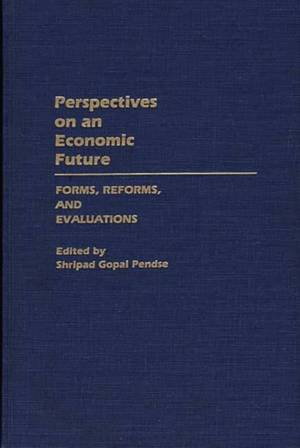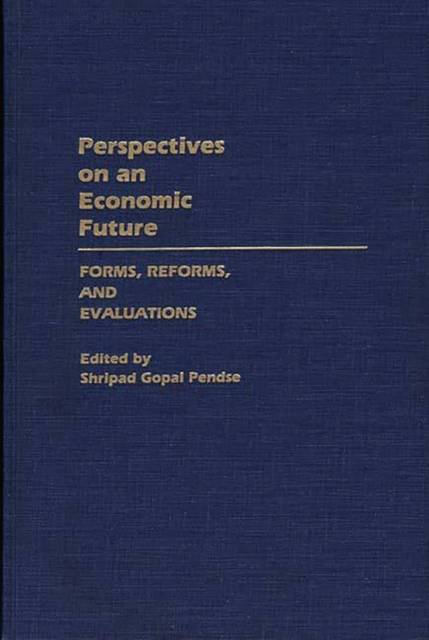
- Retrait gratuit dans votre magasin Club
- 7.000.000 titres dans notre catalogue
- Payer en toute sécurité
- Toujours un magasin près de chez vous
- Retrait gratuit dans votre magasin Club
- 7.000.0000 titres dans notre catalogue
- Payer en toute sécurité
- Toujours un magasin près de chez vous
Description
The decade of the 1990s has opened on a note of major change, with events in the Soviet Union, Eastern Europe, and South Africa moving at an astonishing pace, both on the political and economic fronts. These changes have brought into focus vital issues of political economy, a subject that this collection of essays carefully examines. Written for readers with or without a background in economics, the essays provide a perspective on economic systems, the underlying issues involved in creating an economic constitution, and the choices a society makes in designing an economy. Economists from Australia, Canada, France, the Netherlands, and the United States offer a stimulating variety of ideological and methodological perspectives.
The collection begins with an introduction that reviews basic concepts of economic systems, including goals, the role of government, and efficiency and equity. The three essays that comprise Part I discuss basic issues in economic systems, and address the question of efficiency and equity in a free market from various ideological perspectives. Part II provides three proposals for reforming economic systems, including discussions of planning in a decentralized society and a highly interventionist economic and social system. The work concludes with three essays that draw historical and international comparisons between economic systems, and contrast the economic policies and performances of several Western countries and Japan. Although the contributors are professional economists, and include a Nobel Prize winner and the former president of the American Economic Association, their essays are written in a nontechnical language that will allow readers without an economic background to follow their arguments. This unique collection of essays will be a valuable supplement to courses in current economic problems, comparative economic systems, and development economics, as well as a useful resource for both public and academic libraries.Spécifications
Parties prenantes
- Auteur(s) :
- Editeur:
Contenu
- Nombre de pages :
- 216
- Langue:
- Anglais
- Collection :
Caractéristiques
- EAN:
- 9780313262883
- Date de parution :
- 30-01-91
- Format:
- Livre relié
- Format numérique:
- Genaaid
- Dimensions :
- 161 mm x 241 mm
- Poids :
- 512 g

Les avis
Nous publions uniquement les avis qui respectent les conditions requises. Consultez nos conditions pour les avis.






